
Early years settings report that more children than ever before are coming through their doors with additional needs. The rising need, along with insufficient Government funding for children with special educational needs and disabilities (SEND) in the early years, is placing nursery providers under unsustainable pressure as they strive to meet the needs of every child in their setting.
Lack of access to advice and training, fewer area SENCos to turn to for support and longer waiting lists for assessments and diagnoses are some of the key challenges.
The Government’s SEND and alternative provision improvement plan, published in March, pledges to give children the ‘right support in the right place, at the right time’, with a focus on early help and a review of the existing funding system. But until more on-the-ground support and funding is in place, settings report being ‘left to flounder’ or ‘at breaking point’.
Meanwhile, nurseries are working tirelessly to support children with SEND, often operating on goodwill. ‘We bend over backwards to support families,’ explains Vickie Wrigglesworth, pre-school manager at Noah’s Ark Pre-school in North Yorkshire, where a quarter of the children on role have SEND (see Case study, overleaf).
‘But the bottom line is that we need to remain financially viable if we’re to provide for our community in the long term. And the reality is that some children are more challenging and costly than others.’
KEY CHALLENGES
A sector-wide recruitment crisis has compounded the difficulties faced by early years settings. Managers are struggling to recruit and retain quality staff, and providing one-to-one care is a further stretch on their resources.
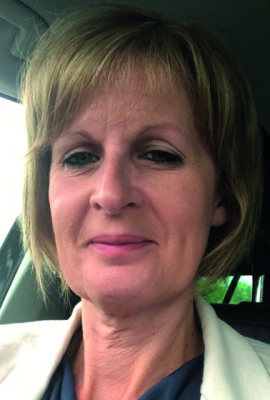 ‘Just trying to meet EYFS statutory ratios is a daily challenge for some settings,’ explains Jo Caswell, who runs Peachwell Early Years Consultancy with her colleague, Kate Peach.
‘Just trying to meet EYFS statutory ratios is a daily challenge for some settings,’ explains Jo Caswell, who runs Peachwell Early Years Consultancy with her colleague, Kate Peach.
On top of this, managers are drowning in paperwork as the thresholds for SEND assessments continue to rise at some local authorities.
For area manager Sarah Yates, who supports 12 nursery managers across The Old Station Nursery Group, the main challenge is trying to cater for every child’s needs against a backdrop of declining local authority budgets (LA) and reduced LA-funded support.
‘Additional training is often needed to provide knowledgeable and timely support, but with little in the way of hands-on guidance and informed experience, settings are having to source and provide their own training,’ she says.
Wrigglesworth says settings need more ‘hands-on support and on-the-ground training. How do we manage a child who tries to escape over a wall? Come and show us. Or give us access to an area SENCo we can turn to for advice.’
 The current situation is ‘untenable’ and places an ‘incredible burden’ on managers and nursery providers who are trying to balance the needs of each child with delivering high-quality provision, Caswell and Peach say.
The current situation is ‘untenable’ and places an ‘incredible burden’ on managers and nursery providers who are trying to balance the needs of each child with delivering high-quality provision, Caswell and Peach say.
‘No setting wants to knowingly turn away any child or family. But when leaders know their settings are not sufficiently meeting and addressing every child’s needs, this presents a moral dilemma,’ they add.
UNDIAGNOSED NEEDS
Lockdowns and social isolation during the pandemic have had an adverse effect on some children, particularly the disadvantaged, leading to delays in socialisation and speech and language acquisition.
‘We’re also seeing non-verbal children and an unexplained spike in children with an autism diagnosis or similar characteristics,’ Wrigglesworth says. ‘Children are less independent; they have lower levels of self-care skills – eating and toileting – and less concentration and resilience.’
However, Yates says some needs are ‘intrinsically’ linked to the child’s background, demographic, genetics or circumstances and are ‘more prevalent’ in some areas or settings.
Limited boundaries at home and a reduction in positive interactions as parents survive in crisis mode as a result of the cost-of-living crisis could also be contributing to more children being labelled with SEND in settings, Peach and Caswell say.
Long waiting lists to seek advice or early assessment from LAs and a backlog of children left undiagnosed during Covid have also compounded the issue.
‘Children with English as an additional language are at a particular disadvantage in some local authorities,’ Peach and Caswell say. ‘This is because they cannot be assessed for SEND until other agencies have assessed if the need is language-related.’
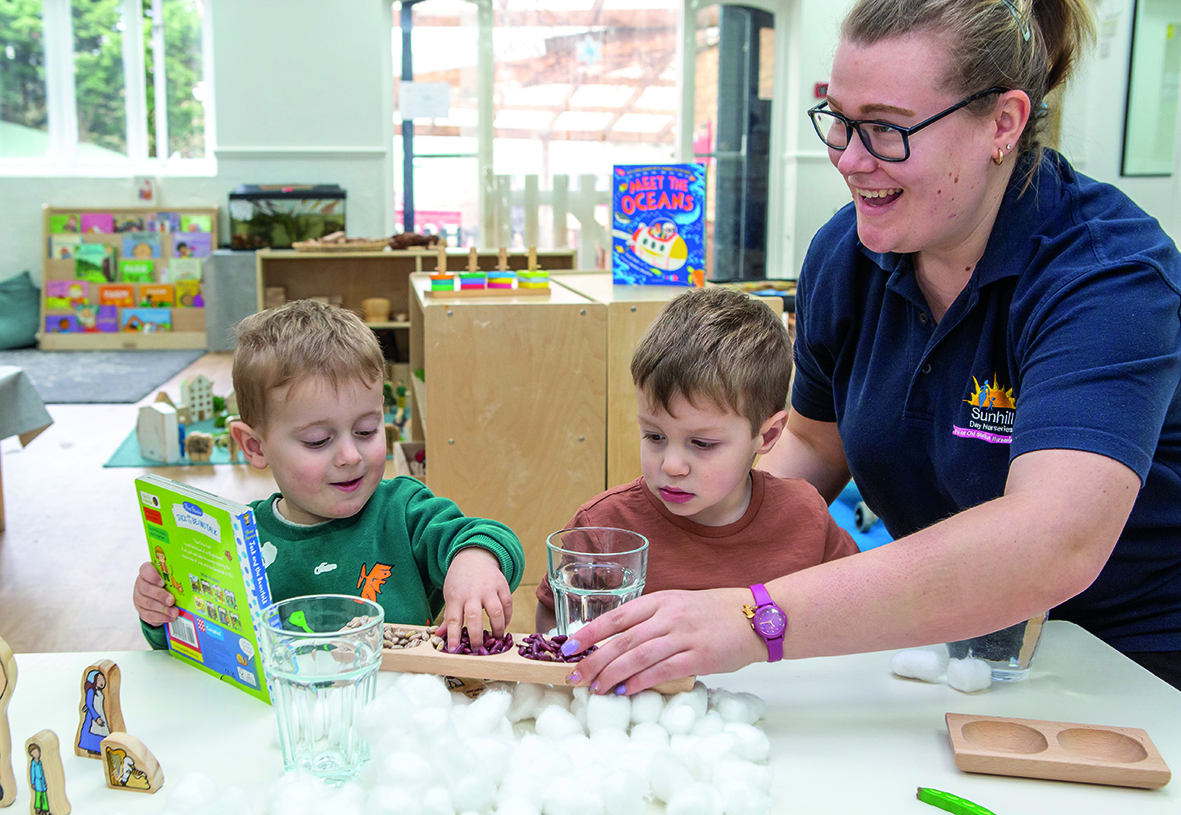
NEW ENTITLEMENTS
The changing early years landscape paints a worrying picture for children with SEND.
An Early Years Alliance survey found that 28 per cent of settings had turned away children with SEND, and 92 per cent had to use their own funds to support them.
Coram’s 2023 annual Childcare Survey also found that only 18 per cent of LAs have sufficient places for all children with SEND. And the Department for Education’s July 2023 report on the impact of the new entitlements on equalities concludes they will have a negative effect on children with SEND.
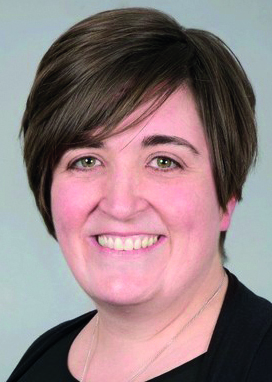 Catherine McLeod, CEO of inclusion charity Dingley’s Promise, says this is of ‘grave concern. Historically, when a new entitlement is introduced, provision for children with SEND drops. When settings are under increased pressure to deliver more provision, they tend to choose to support children who need the least extra support and resources.’
Catherine McLeod, CEO of inclusion charity Dingley’s Promise, says this is of ‘grave concern. Historically, when a new entitlement is introduced, provision for children with SEND drops. When settings are under increased pressure to deliver more provision, they tend to choose to support children who need the least extra support and resources.’
She says financial reform is needed to ensure settings are ‘not financially disadvantaged by being inclusive’ and ‘will not turn children with SEND away’, something that is increasing at the moment, even before the impact of the new entitlements.
‘The Government’s consultation on changes to the early years entitlements shows real recognition that early years SEND funding needs to be reviewed and increased, which is encouraging,’ McLeod says.
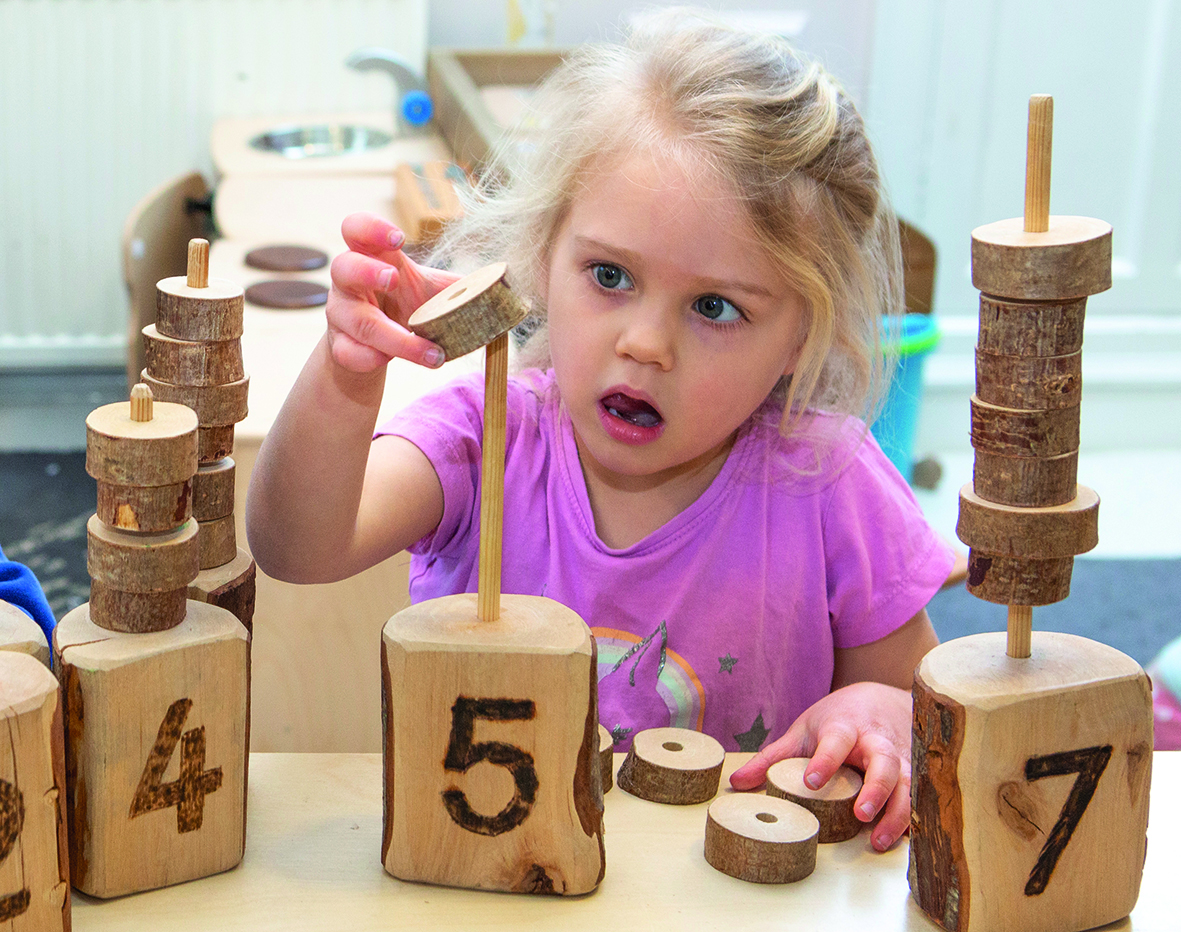
CALL FOR REFORM
The new SEND and Alternative Provision (AP) Improvement Plan aims to end the ‘postcode lottery’ and strengthen provision at a universal level with a new set of National Standards and a focus on upskilling the workforce.
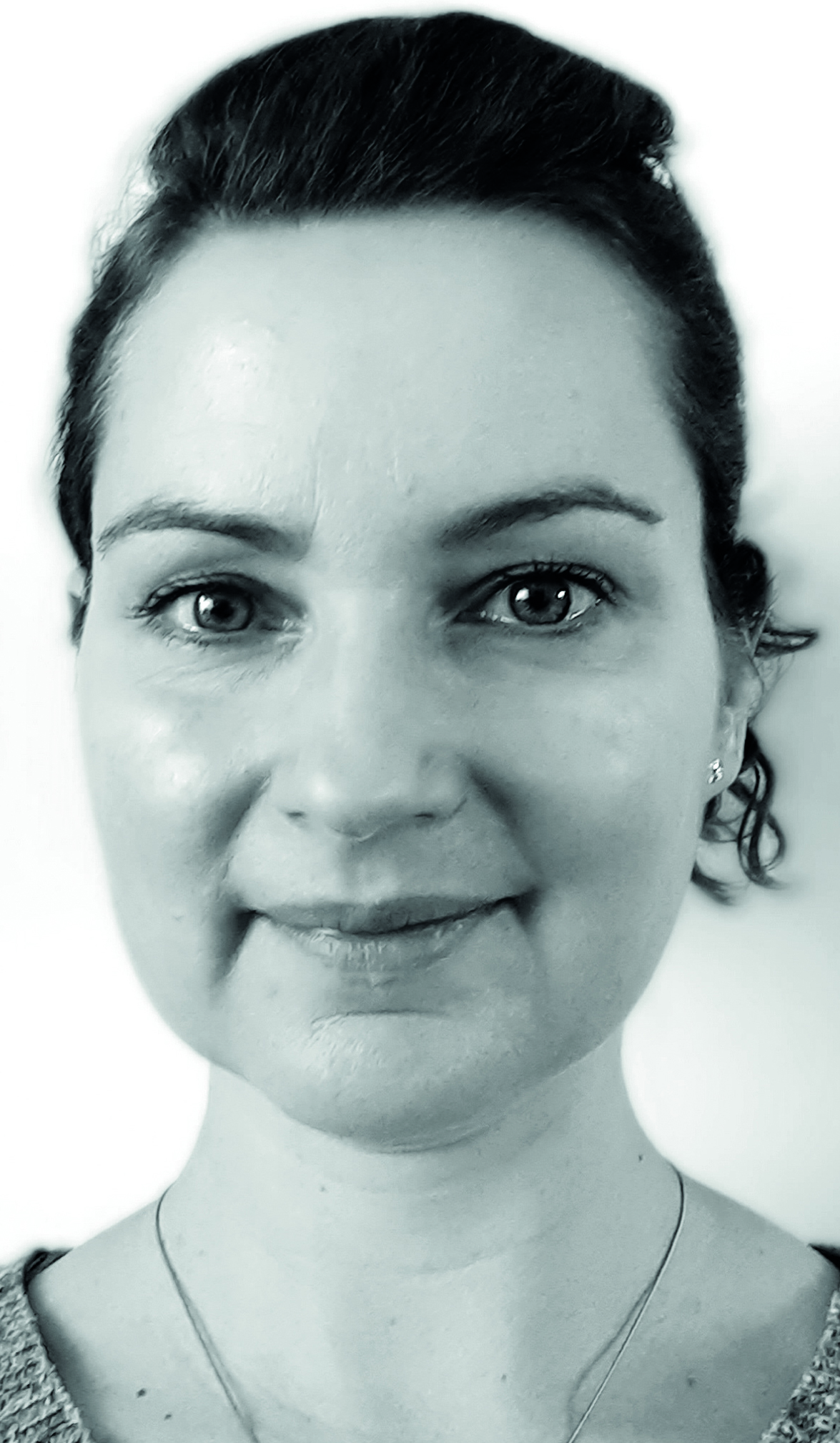 With a commitment from the Government to train 7,000 SENCos by August 2024, nasen education officer Anna Speke says it is hoped that inclusive practice within settings will be ‘strengthened’ and staff will feel more knowledgeable and confident in their own practice.
With a commitment from the Government to train 7,000 SENCos by August 2024, nasen education officer Anna Speke says it is hoped that inclusive practice within settings will be ‘strengthened’ and staff will feel more knowledgeable and confident in their own practice.
‘For children who still require more, including specialist input, this should be more manageable. Clarity around which stakeholders are responsible for providing – and paying for – different elements of provision should also help to make things more transparent, meaning less bureaucracy and stronger relationships between settings, families and external agencies,’ Speke adds.
The plan outlines Government proposals to invest a further £21 million to train two more cohorts of educational psychologists in 2024 and 2025, along with improved access to speech and language therapists through pathfinders, in partnership with NHS England. One local area within each of the nine Regional Expert Partnerships will be funded to trial new ways of working to better identify and support children with speech, language and communication needs.
Speke says this is a ‘welcome development’, but it will ‘take time’ for any increase in capacity to be seen in practice. What happens in the next general election remains to be seen. But for Wrigglesworth, the plan, although welcome, is ‘too little, too late for many children’.
CASE STUDY: Noah’s Ark Pre-school, North Yorkshire
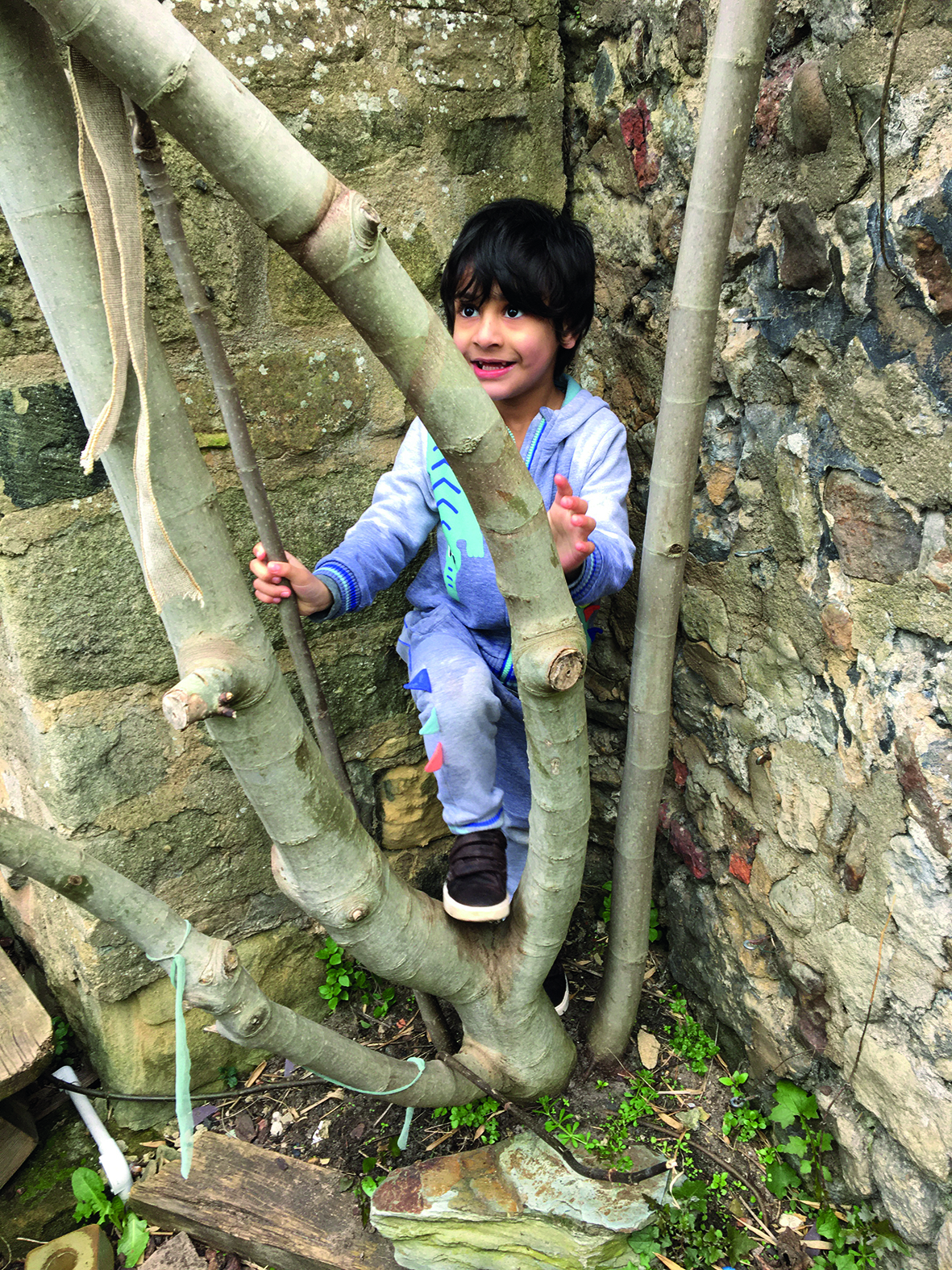 ‘We’ve been on a rollercoaster for the last few years. With seven SEND children on role, it’s been a steep learning curve,’ explains pre-school manager and SENDCo Vickie Wrigglesworth, who has worked in early years for 28 years, previously as a primary school teacher.
‘We’ve been on a rollercoaster for the last few years. With seven SEND children on role, it’s been a steep learning curve,’ explains pre-school manager and SENDCo Vickie Wrigglesworth, who has worked in early years for 28 years, previously as a primary school teacher.
‘There have been huge dips in staff wellbeing. Some of my staff have been bitten, punched and kicked. But there have been some wonderful moments where we’ve celebrated the achievements of our amazing neurodiverse children.’
Noah’s Ark Pre-school is a committee-run, sessional pre-school registered for 20 children per session. Out of the 27 children on roll, seven are non-speaking or have speech delay linked to social anxiety. Five have autism diagnoses, three of whom have EHCPs.
During morning sessions, the setting operates on a ratio of 1:4 with 17 three- and four-year-olds and seven SEND children. Although this is below the legal requirement of 1:8 for children aged three plus, Wrigglesworth says, ‘we’re not prepared to jeopardise children’s safety and wellbeing’.
‘Our conundrum is, how do we provide for all children’s needs, not just the SEND children who take so much of our mental and physical capacity as practitioners, and remain sustainable? It’s a huge challenge to keep everyone safe – and learning – whether they are neurotypical or neurodiverse. But with more SEND children requiring support and a finite number of staff, there’s only been one solution: to operate below capacity.
‘Last year, we were at 80 per cent capacity in morning sessions and 50 per cent in the afternoon. But this isn’t sustainable. As of September, we’ve extended the length of our day to six and a half hours in order to accept the 30 hours extended entitlement, and we pray the uptake of places will negate the shortfall in income.
‘We’re part of The Methodist Church so our rent is lower than some settings, but we have to remain solvent and retain enough funds for redundancy.
‘In summer 2023, we received funding for three children with EHCPs over 13 weeks. Combined with the universal funding, it worked out at £13.82 per hour, on average, for each child. This only just covered the costs of one member of staff – once pension, National Insurance and holiday pay is taken off – never mind providing 1:1 support for the three children who needed it.
‘Meanwhile, more children with autism are coming to us on the recommendation of Portage or Early Help. These children need a safe place with adults who understand their behaviours. We’re a small, nurturing, well-qualified team of professionals who see the child beyond the label. It’s stressful at times but we support each other and tag team the children. With risky climbers, pica and biters, it’s often more a case of keeping everyone safe.
‘We believe that we can make a difference to the lives of these children and their families. But we struggle with knowing what interventions will meet their specific needs, at that point in time.
‘I’m not sure it’s possible to balance sustainability with inclusive provision. But if all settings took their share of these amazing neurodivergent children and had the training, professional advice and realistic funding available, perhaps we could all be sustainable.’
CASE STUDY: Sandhills Wombourne, part of The Old Station Nursery Group, Wolverhampton
‘More children are attending the setting with either diagnosed additional needs or are in the process of been assessed,’ explains Amy Etchells, who manages the 91-place setting, where there are three children on role with SEND.
‘One of the key challenges we face is recruiting staff for children who need one-to-one support,’ Etchells explains. ‘The area SENCo, who used to visit on a regular basis, now only comes for one initial visit and passes on suggestions or signposts us to other agencies.
‘Continuing professional development is key. We have two members of staff that hold Level 3 SENCo qualifications and all the staff team have autism, behaviour and communication and language training. A community nurse also came into the setting to train staff on tube feeding. We use a training company called SENDTAC, but this comes at a cost to the nursery.
‘Reasonable adjustments are put into place to ensure all children, no matter what disabilities they have, can take part in everyday activities with their peers.
‘We build positive relationships with parents from the start, holding regular meetings to discuss their child’s progress and action plans. We also ensure all professionals involved are present at multi-agency meetings.’
Area manager Sarah Yates says practitioners are wearing ‘more hats’ and finding themselves helping in ‘more creative ways’ as they do ‘everything within their capability’ to support SEND children and their families.
‘On the ground, there are more families to support and more services to source, connect and signpost to. But we are a constant and reliable presence in children’s lives, and this drives us to go above and beyond,’ she concludes.
NURSERY WORLD BUSINESS SUMMIT, 2 FEBRUARY 2024
Taking early years education and care to the next level
Our annual Summit will take place under the umbrella of the Nursery World Show at the Business Design Centre in Islington, London.
Join our big debate:
- How does the size of a nursery business influence the quality of early years care and education?
- An opportunity for delegates and panellists to debate the changing shape of the early years market and how this will affect both financial stability and the quality of provision.
Access the full Summit programme at nurseryworld.co.uk
MORE INFORMATION
- Childcare regulatory changes: equality impact assessment, https://bit.ly/493m0C3









